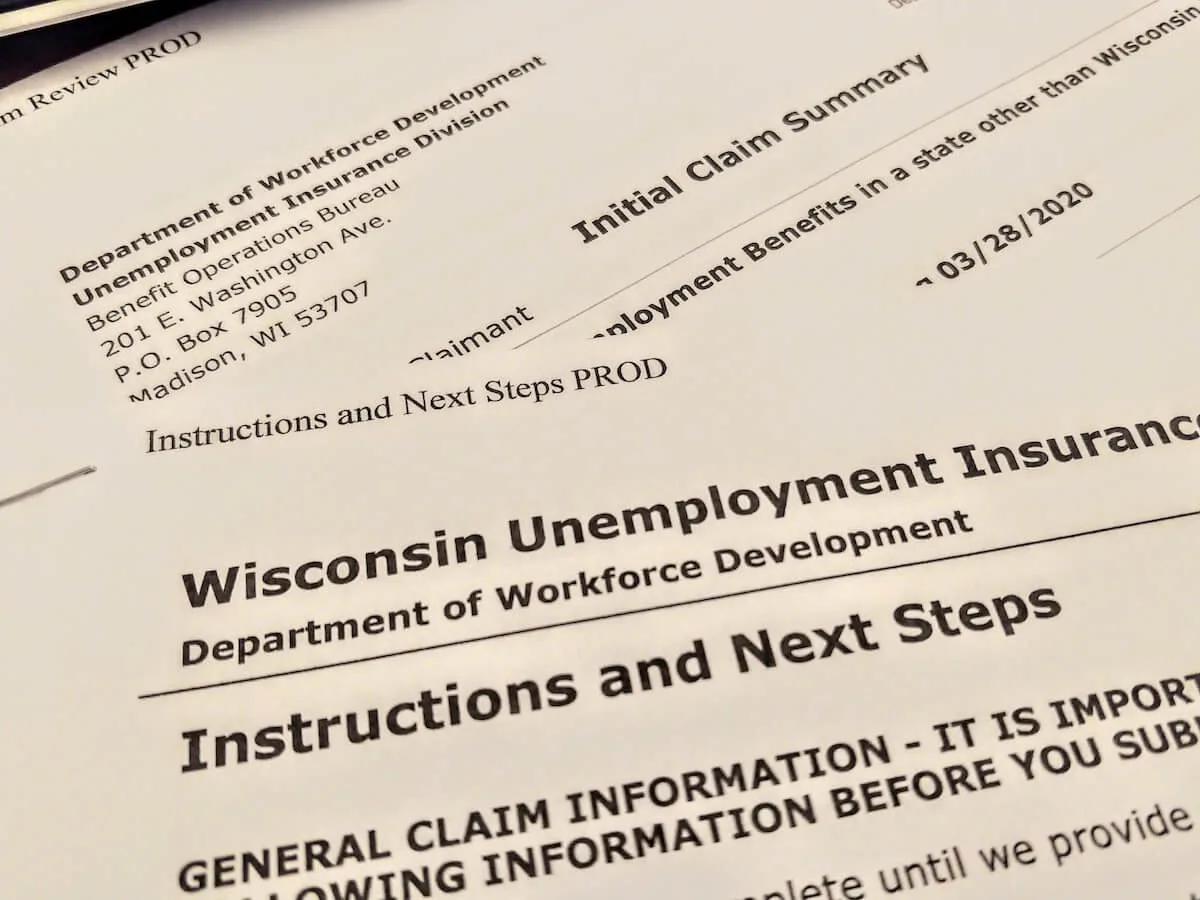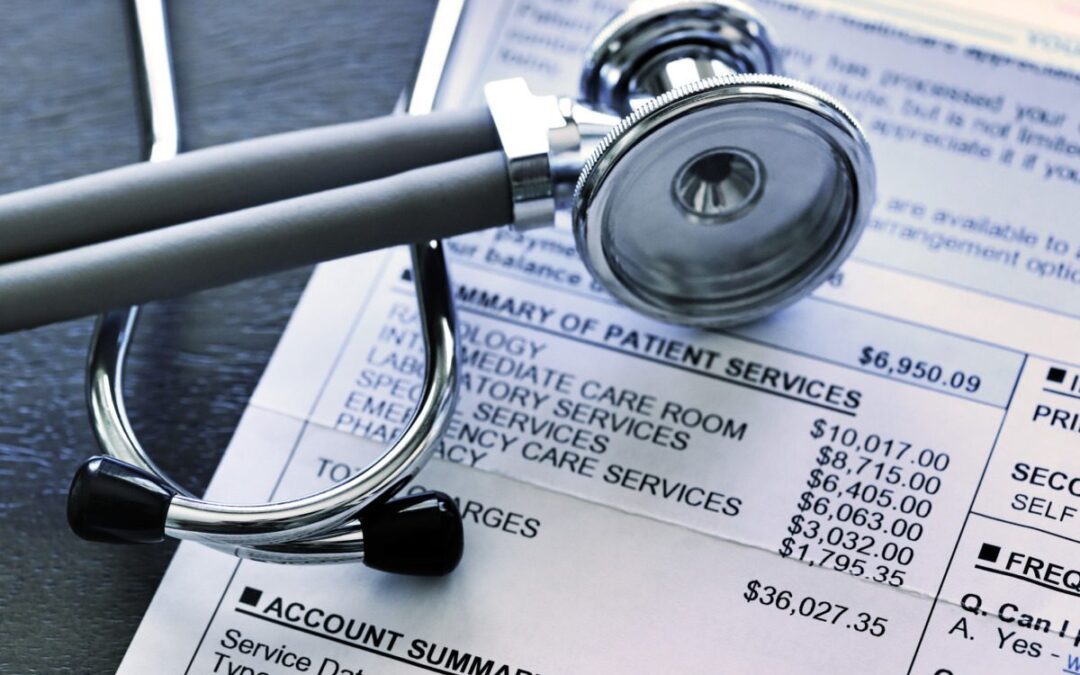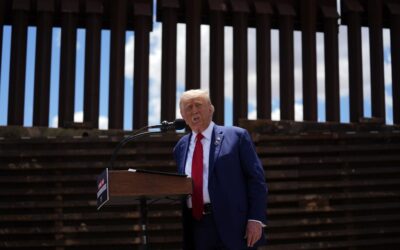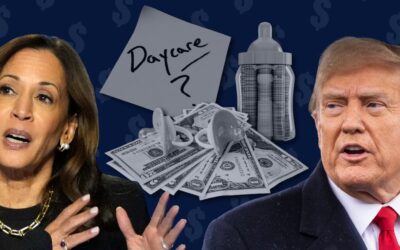
#image_title
A payment backlog still persists and the $600 boost has expired.
Over 19,000 Wisconsinites filed for unemployment last week for the first time, according to the state Department of Workforce Development, a sign the coronavirus pandemic continues to take its toll on the state’s economy despite a slightly decreased unemployment rate.
The new initial claims bring the state’s total to about 840,000 since March 15, when pandemic-related mass layoffs first hit the state. There are signs that an economic recovery is underway — the unemployment rate in June was 8.5 percent, down from about 12 percent in May — but it is unclear if that will last while the virus surges in Wisconsin.
Of those claimants, over 98,000 are stuck in a backlog, according to DWD, meaning they may never have received a single payment. In all there are about 165,000 claims that have yet to be processed, meaning some people in the backlog have made multiple claims.
Two people in the backlog spoke with UpNorthNews this week. One said she hasn’t received a single payment in 17 weeks, and another said he’s received one payment in that span.
Between the backlog and the expiration of the federal $600 weekly unemployment boost, about 200,000 Wisconsin households are at risk of eviction.
A Democratic bill package in the state Legislature meant to address the unemployment backlog has been met with inaction from that state’s Republican leaders. In Congress, Senate Republicans have finally begun negotiations over a second major federal relief package.
House Democrats passed a sweeping $3 trillion bill in May that extended the $600 unemployment bonus and provided money to local governments for eviction prevention, but the Senate never took it up. The Republican counterproposal, unveiled just last week, is trimmed down and would slash the $600 boost to $200 per week while providing no money whatsoever for eviction prevention.

Medical debt will no longer appear on credit reports for all Americans
This new rule will erase an estimated $49 billion in unpaid medical bills from the credit reports of roughly 15 million Americans, according to the...

Sick of hidden fees on concert tickets and hotel stays? A new federal rule bans them.
Now, live event businesses and hotels must clearly list their prices in both their advertising and pricing information. American consumers on...

Trump’s tariff plan would raise prices and ‘reduce the living standard of Americans,’ economists say
Trump’s plan would effectively be a sales tax that disproportionately harms working-class families and could cause a trade war that hurts US...

Trump’s tariff and tax plan would raise taxes on 95% of Americans, report finds
In response to the report, the Harris-Walz campaign released an analysis of its own, outlining how Trump’s agenda would raise costs for nearly 2.5...




